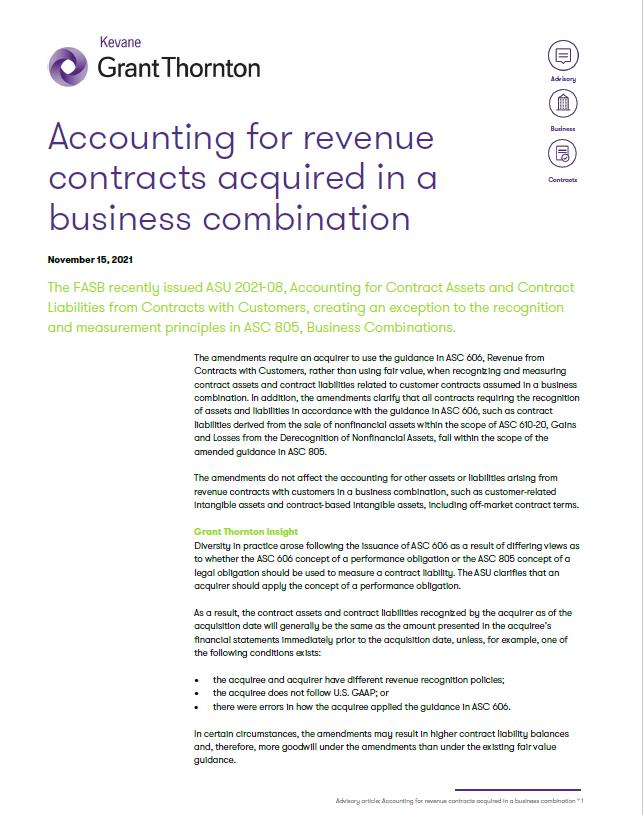-
Financial statements audits
Financial statement audits
-
Compliance audits
Compliance audits
-
Compilations and reviews
Compilations and audit
-
Agreed-upon procedures
Agreed-upon procedures
-
Tax compliance
Business Tax
-
Global mobility services
Through our global organisation of member firms, we support both companies and individuals, providing insightful solutions to minimise the tax burden for both parties.
-
Sales and use tax and indirect taxes
SUT/ VAT & indirect taxes
-
Tax incentives
Navigating the complex landscape of tax incentives in Puerto Rico can be challenging. Whether you're looking to benefit from the Export Services Act (Act 20), the Individual Investors Act (Act 22), or other incentives under Act 60, we provide tailored advice to help you maximize your tax benefits and ensure compliance. Let us help you unlock the potential of doing business in Puerto Rico.
-
Transfer Pricing
The laws surrounding transfer pricing are becoming ever more complex, as tax affairs of multinational companies are facing scrutiny from media, regulators and the public
-
International Business Center
Kevane Grant Thornton is an International Business Center within the Grant Thornton network. Our expert team provides integrated solutions to help Puerto Rico businesses navigate the complex issues that arise when developing global businesses.
-
Business consulting
Our business consulting services can help you improve your operational performance and productivity, adding value throughout your growth life cycle.
-
Business Risk Advisory
Risk is inevitable but manageable. We deliver relevant, timely and practical advices to aid organizations manage risk and improve business performance. We can help you identify, understand and manage potential risks to safeguard your business and comply with regulatory requirements.
-
Technology Advisory
We provide comprehensive solutions to safeguard your business and ensure operational resilience and compliance. Our expert team offers a range of technology advisory services designed to address your cybersecurity needs, enhance business continuity, and manage security effectively.
-
Transactional advisory services
Transactions are significant events in the life of a business – a successful deal that can have a lasting impact on the future shape of the organizations involved. Because the stakes are high for both buyers and sellers, experience, determination and pragmatism are required to bring deals safely through to conclusion.
-
Forensic and investigative services
At Grant Thornton, we have a wealth of knowledge in forensic services and can support you with issues such as dispute resolution, fraud and insurance claims.

The amendments require an acquirer to use the guidance in ASC 606, Revenue from Contracts with Customers, rather than using fair value, when recognizing and measuring contract assets and contract liabilities related to customer contracts assumed in a business combination. In addition, the amendments clarify that all contracts requiring the recognition of assets and liabilities in accordance with the guidance in ASC 606, such as contract liabilities derived from the sale of nonfinancial assets within the scope of ASC 610-20, Gains and Losses from the Derecognition of Nonfinancial Assets, fall within the scope of the amended guidance in ASC 805.
The amendments do not affect the accounting for other assets or liabilities arising from revenue contracts with customers in a business combination, such as customer-related intangible assets and contract-based intangible assets, including off-market contract terms.
Grant Thornton insight
Diversity in practice arose following the issuance of ASC 606 as a result of differing views as to whether the ASC 606 concept of a performance obligation or the ASC 805 concept of a legal obligation should be used to measure a contract liability. The ASU clarifies that an acquirer should apply the concept of a performance obligation.
As a result, the contract assets and contract liabilities recognized by the acquirer as of the acquisition date will generally be the same as the amount presented in the acquiree’s financial statements immediately prior to the acquisition date, unless, for example, one of the following conditions exists:
- the acquiree and acquirer have different revenue recognition policies;
- the acquiree does not follow U.S. GAAP; or
- there were errors in how the acquiree applied the guidance in ASC 606.
In certain circumstances, the amendments may result in higher contract liability balances and, therefore, more goodwill under the amendments than under the existing fair value guidance.
Practical expedients
Because the amendments require the acquirer to measure contract assets and contract liabilities as if they had originated the contract, the amendments allow acquirers to apply the following practical expedients consistently to all contracts acquired in the same business combination on an acquisition-by-acquisition basis:
- if a contract modification has occurred prior to the acquisition date, the acquirer may reflect the aggregate of all modifications prior to the acquisition date for the following steps in the revenue recognition process:
- identifying satisfied and unsatisfied performance obligations
- determining the transaction price
- allocating the transaction price to satisfied and unsatisfied performance obligations
For all contracts with customers, the acquirer may determine the stand-alone selling price at the acquisition date, rather than at contract inception, for each performance obligation when allocating the transaction price among performance obligations.
Disclosures
Entities are required to disclose practical expedients that have been used and, if reasonably possible, a qualitative assessment of the effect of each practical expedient.
Effective date and transition
For public business entities, the amendments in ASU 2021-08 are effective for fiscal years beginning after December 15, 2022 and for interim periods within those fiscal years.
For all other entities, the amendments in ASU 2021-08 are effective for fiscal years beginning after December 15, 2023 and for interim periods within those fiscal years.
An acquirer should apply the amended guidance on a prospective basis to business combinations that occur on or after the adoption date.
Early adoption of the amendments in ASU 2021-08 is permitted, including in an interim period. Entities that early adopt in an interim period should apply the amendments to all business combinations that have occurred since the beginning of the fiscal year.
Grant Thornton library articles:
Accounting for revenue contracts acquired in a business combination
We are committed to keep you updated of all developments that may affect the way you do business in Puerto Rico. Please contact us for assistance in relation to this or any other matter, we will be glad to assist you.





